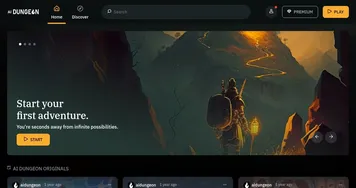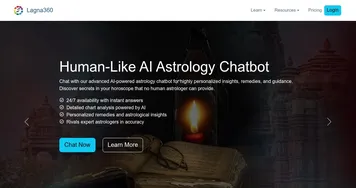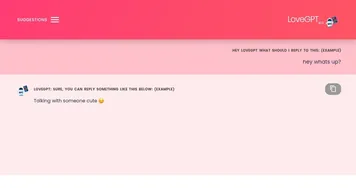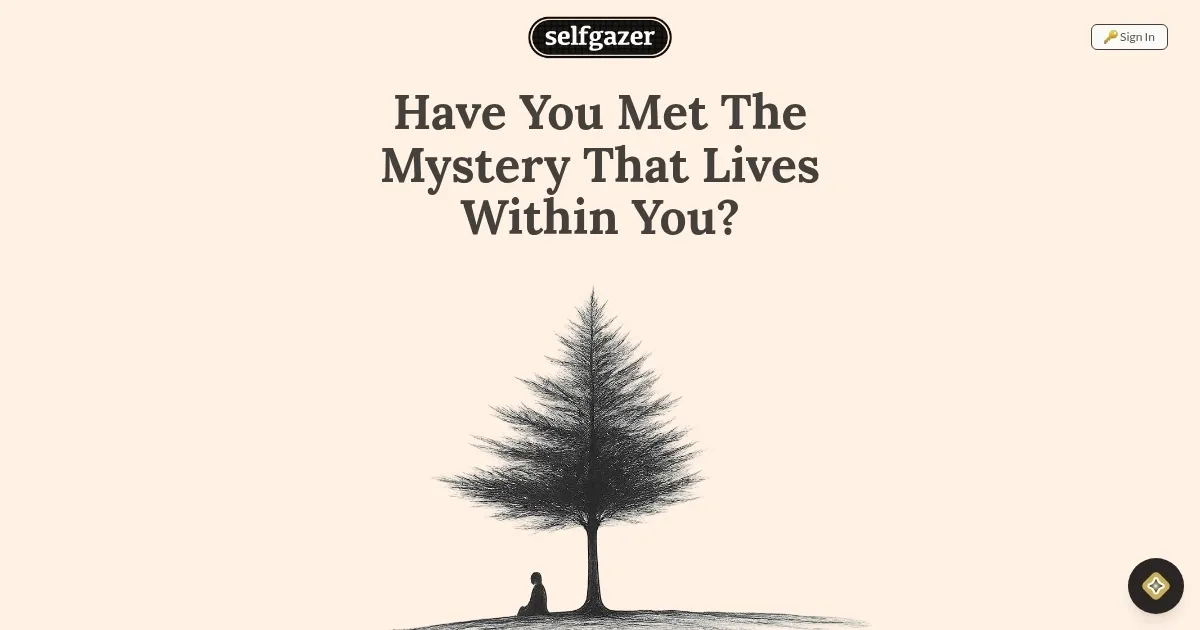Selfgazer
The other day, I had a chance to play with Selfgazer, and I find it kinda cool. The AI-powered platform, rooted in Jungian psychology, offers a suite of tools — tarot readings, birth chart analyses, I Ching consultations — that feel like a bridge between mystical traditions and modern introspection. Logging in, I was struck by the interface: clean, intuitive, almost calming. It’s not flashy, but it pulls you in, like a quiet invitation to sit with your thoughts.
My first stop was the Guided Tarot feature. I chose the Rider-Waite deck, drawn to its vivid imagery, and pulled a three-card spread. The AI’s interpretation was startlingly thoughtful, weaving the cards’ symbolism into a narrative about my current career crossroads. It didn’t predict my future (thankfully — it’s not that kind of tool), but it nudged me to reflect on my motivations in a way that felt oddly personal. The Selfgazer Oracle took things up a notch, blending tarot with astrological insights from my birth chart. I entered my birth details, and the Swiss Ephemeris-powered calculations delivered a detailed breakdown of my planetary influences. It was like reading a map of my psyche, with just enough jargon to feel legit but not so much it went over my head.
The I Ching consultation was my surprise favorite. I asked about a looming decision, and the hexagram reading offered a perspective that was both cryptic and grounding — classic I Ching. But here’s the rub: the Oracle’s responses, while sharp, sometimes feel like they’re coming from a very clever robot rather than a sage. I also tried the BaZi Calculator, which mapped my Chinese astrology pillars. It was fascinating, but I wished for more guidance on how to interpret the results without diving into the Oracle’s paid credits system. Speaking of, the free version is generous, but features like Synastry Analysis eat up credits fast, and the pricing isn’t super clear upfront.
Compared to Tarotoo, which leans heavily into animated tarot readings, or Deepwander, with its focus on guided self-reflection, Selfgazer stands out for its multi-tradition approach. But it’s not as warm or interactive as a human-led session might be. A Reddit user mentioned the Oracle’s responses felt “less articulate” during a brief cost-saving model switch, which tracks with my occasional sense of detachment. Still, the platform’s privacy measures — encryption, no identifiable data shared — gave me peace of mind.
If you’re curious, try a free tarot reading first. Save your readings to revisit later, and if you’re feeling bold, dip into the I Ching or BaZi for a fresh perspective. Just pace yourself with the paid features to keep costs in check.
What are the key features? ⭐
- Guided Tarot: Offers personalized tarot readings with Tarot de Marseille or Rider-Waite decks, interpreting card symbolism for psychological insights.
- Selfgazer Oracle: Combines tarot, astrology, and I Ching for tailored, multi-tradition guidance on personal questions.
- Birth Chart Analysis: Uses Swiss Ephemeris to provide precise astrological insights based on users’ birth details.
- BaZi Calculator: Maps Four Pillars of Destiny in Chinese astrology for destiny and character insights.
- Synastry Analysis: Compares birth charts to explore relationship compatibility and dynamics.
Who is it for? 🤔
Examples of what you can use it for 💭
- Personal Development Seeker: Uses Guided Tarot to reflect on emotions and gain clarity on life choices.
- Relationship Explorer: Employs Synastry Analysis to understand compatibility with a partner.
- Astrology Enthusiast: Leverages Birth Chart Analysis to explore planetary influences on personality.
- Spiritual Curious: Consults I Ching for philosophical guidance on a major decision.
- Chinese Astrology Fan: Uses BaZi Calculator to map destiny and character traits.
Pros & Cons ⚖️
- Precise astrological calculations via Swiss Ephemeris.
- Multi-tradition insights from tarot, astrology, I Ching.
- Free version offers generous basic access.
- AI responses may lack emotional warmth.
FAQs 💬
Related tools ↙️
-
 AI Dungeon
An infinitely generated text adventure powered by deep learning
AI Dungeon
An infinitely generated text adventure powered by deep learning
-
 Intimate
Connect with AI companions for immersive chat and voice interactions
Intimate
Connect with AI companions for immersive chat and voice interactions
-
 Lagna360
Generates precise Vedic horoscopes and offers AI-driven insights into astrological charts
Lagna360
Generates precise Vedic horoscopes and offers AI-driven insights into astrological charts
-
 Me4U
Facilitates real-time chats with AI replicas of popular influencers
Me4U
Facilitates real-time chats with AI replicas of popular influencers
-
 LoveGPT
An AI-powered platform that helps you initiate interesting conversations & build stronger connections
LoveGPT
An AI-powered platform that helps you initiate interesting conversations & build stronger connections
-
 Supermeme
Turn text into memes using AI Meme Generator, powered by GPT
Supermeme
Turn text into memes using AI Meme Generator, powered by GPT


